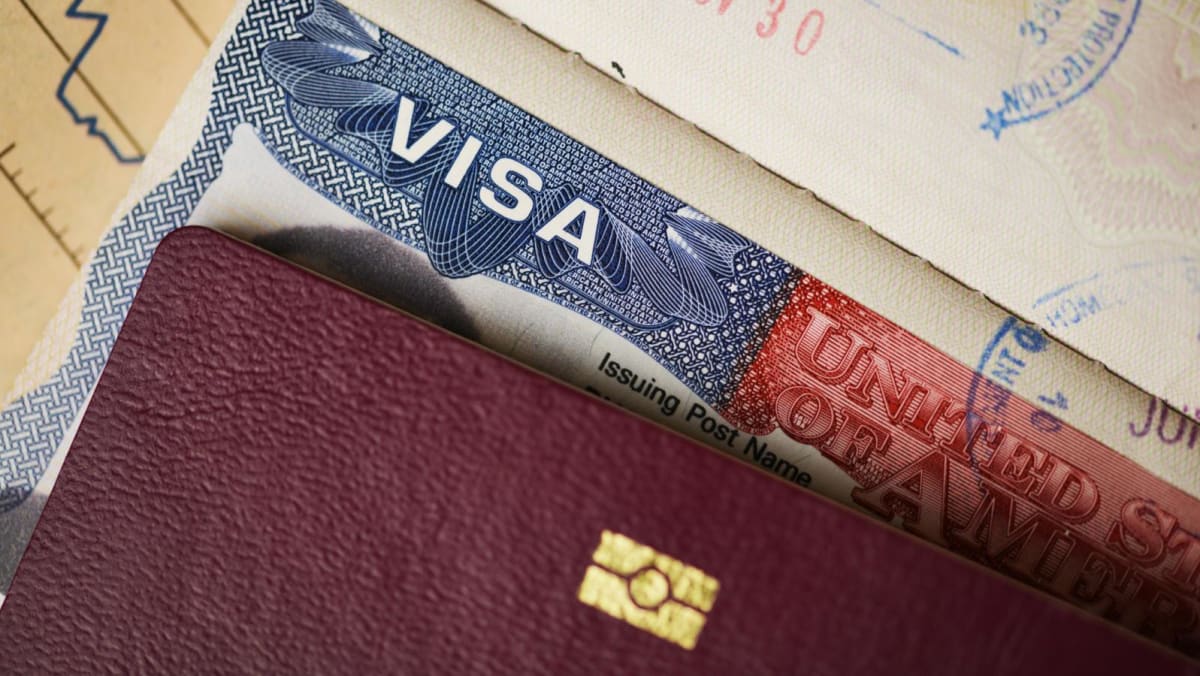UNIVERSITY TIES TO CHINA UNDER SCRUTINY
The State Department has broad authority to issue and revoke visas. The administration last week cited Harvard University’s ties to China as among several reasons for revoking its ability to enrol foreign students, a move temporarily blocked by a US judge.
Rubio’s statement did not offer details on how extensively the visa revocations would be applied. Even a relatively small number could disrupt the flow of Chinese students seeking out higher education in the US that began in the late 1970s from Communist-governed China.
Recent decades saw the US become the destination of choice for many Chinese students looking for an alternative to China’s intensely competitive university system and drawn to the strong reputation of US schools. Those students typically come from wealthier families able to afford the high cost of US universities.
Many of those have stayed after graduating and have been credited with contributing to American research capacity and the US workforce.
The number of Chinese students in the US dropped to about 277,000 in 2024, however, from a high of around 370,000 in 2019, pulled lower by growing tension between the world’s two biggest economies, heightened US government scrutiny of Chinese students, and the COVID-19 pandemic.
As the US-China geopolitical rivalry has escalated into what many analysts consider a new form of cold war, US agencies and Congress have stepped up scrutiny of China’s state-sponsored influence and technology transfers at American colleges and universities.
Washington has become increasingly concerned that Beijing uses open and federally funded research environments in the US to circumvent export controls and other national security laws.
Greater scrutiny and uncertainty over visas has led more Chinese students to opt for schools in Europe, and more graduates now return to China to ply their trades.
